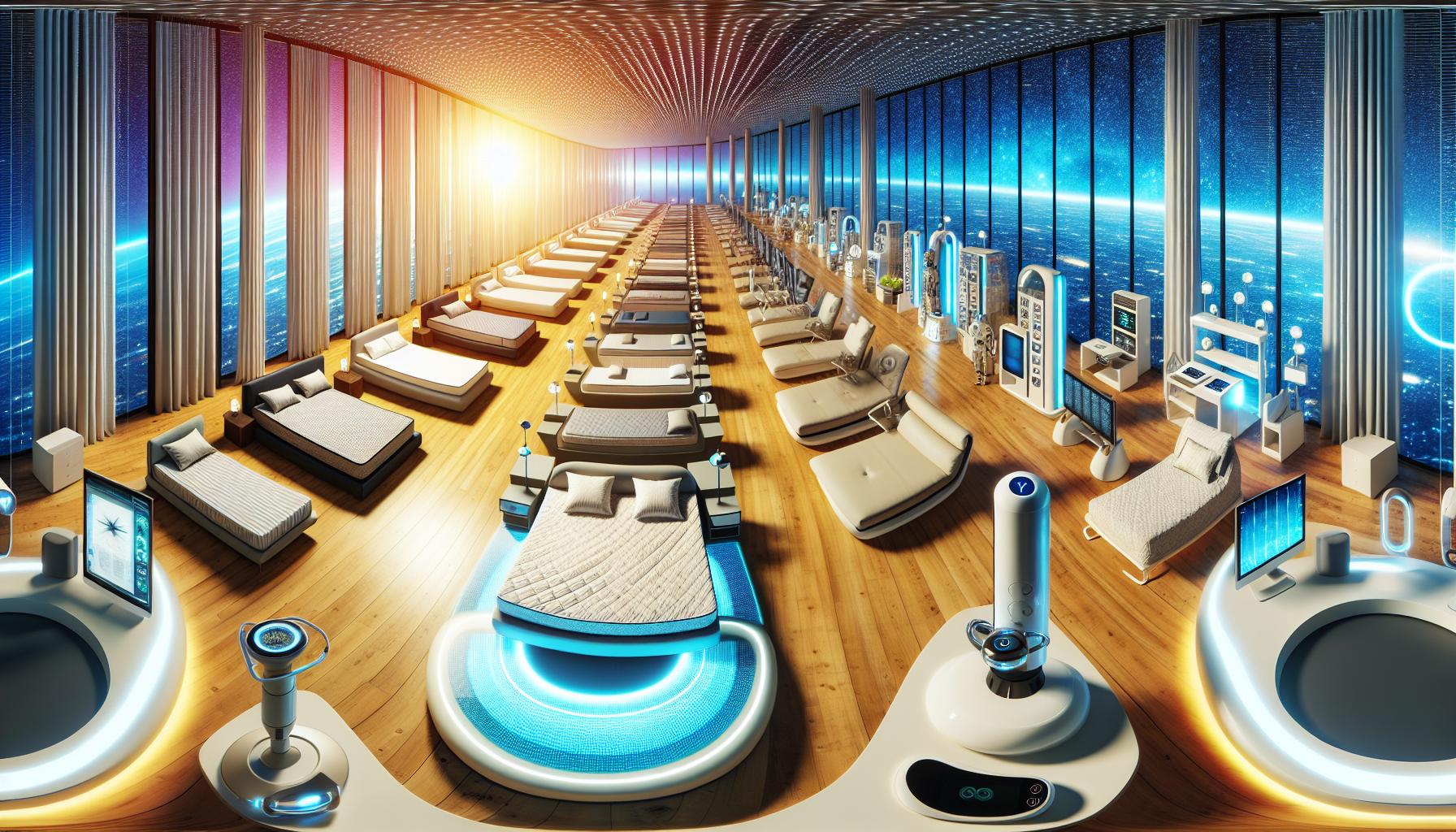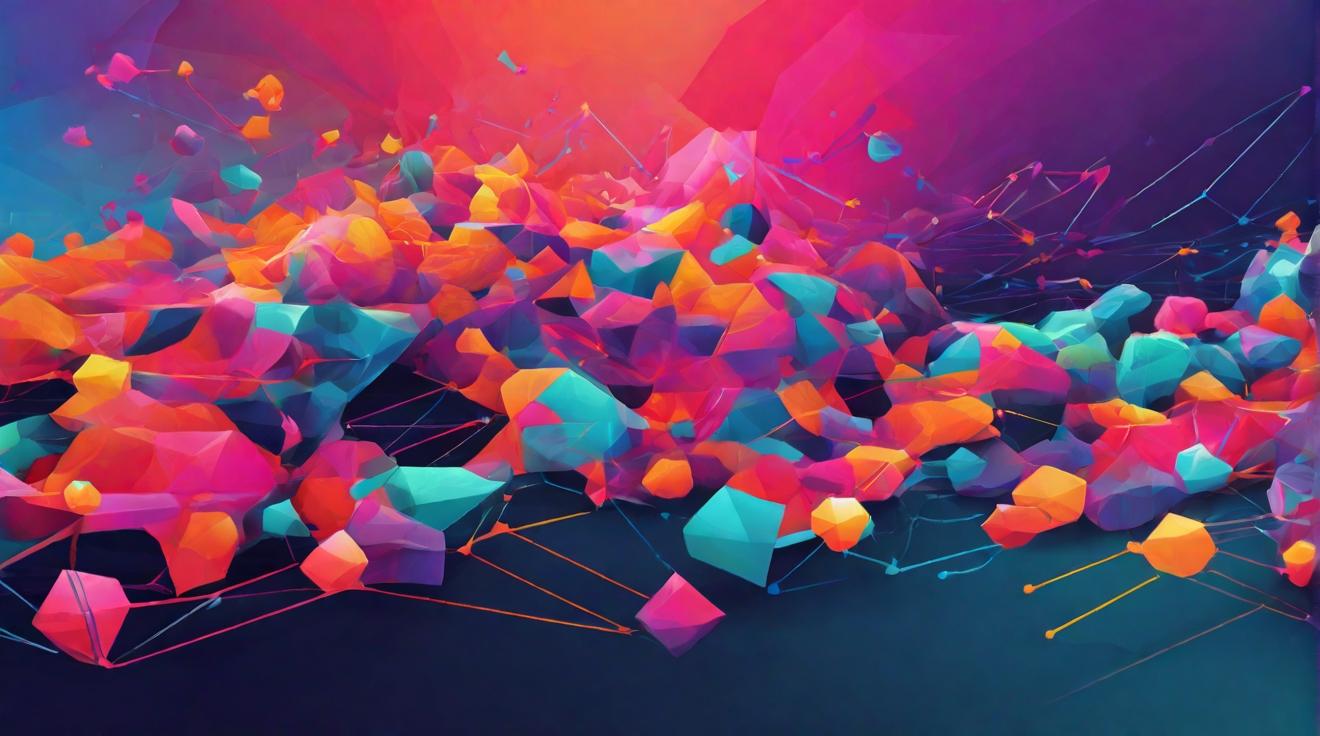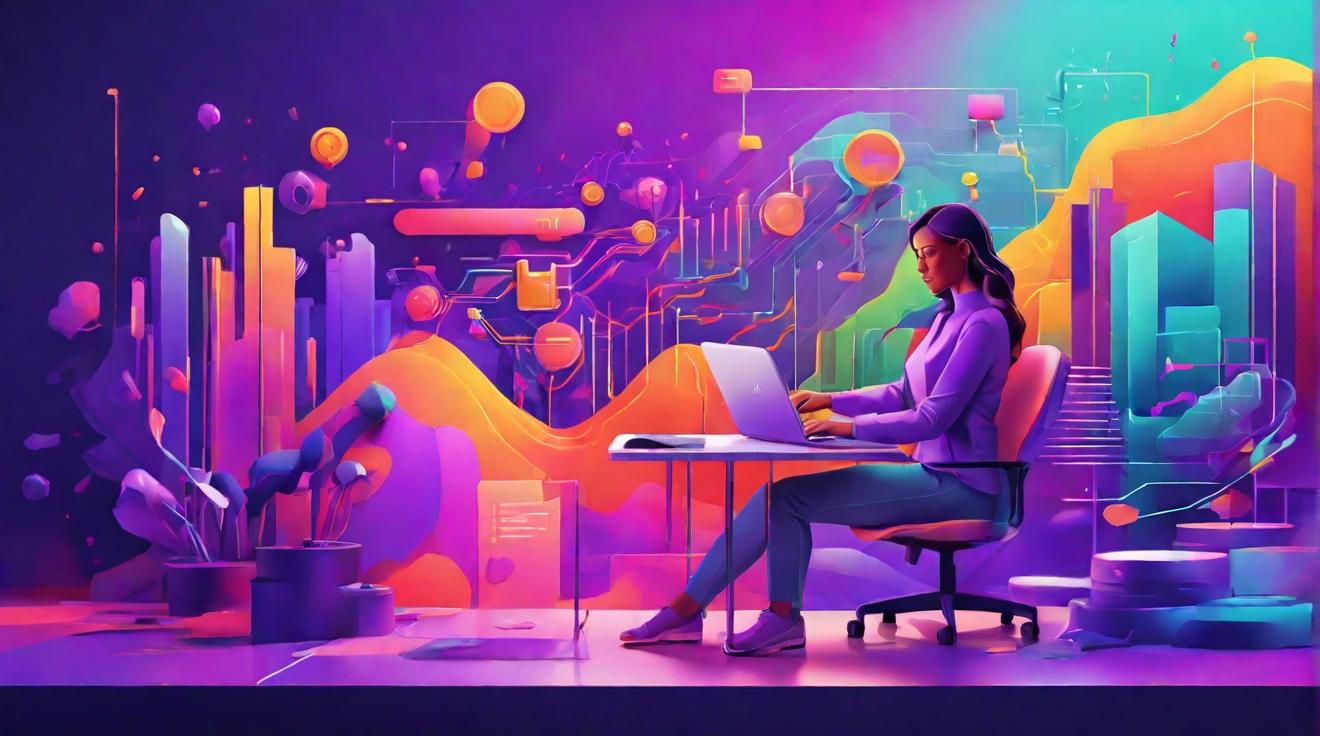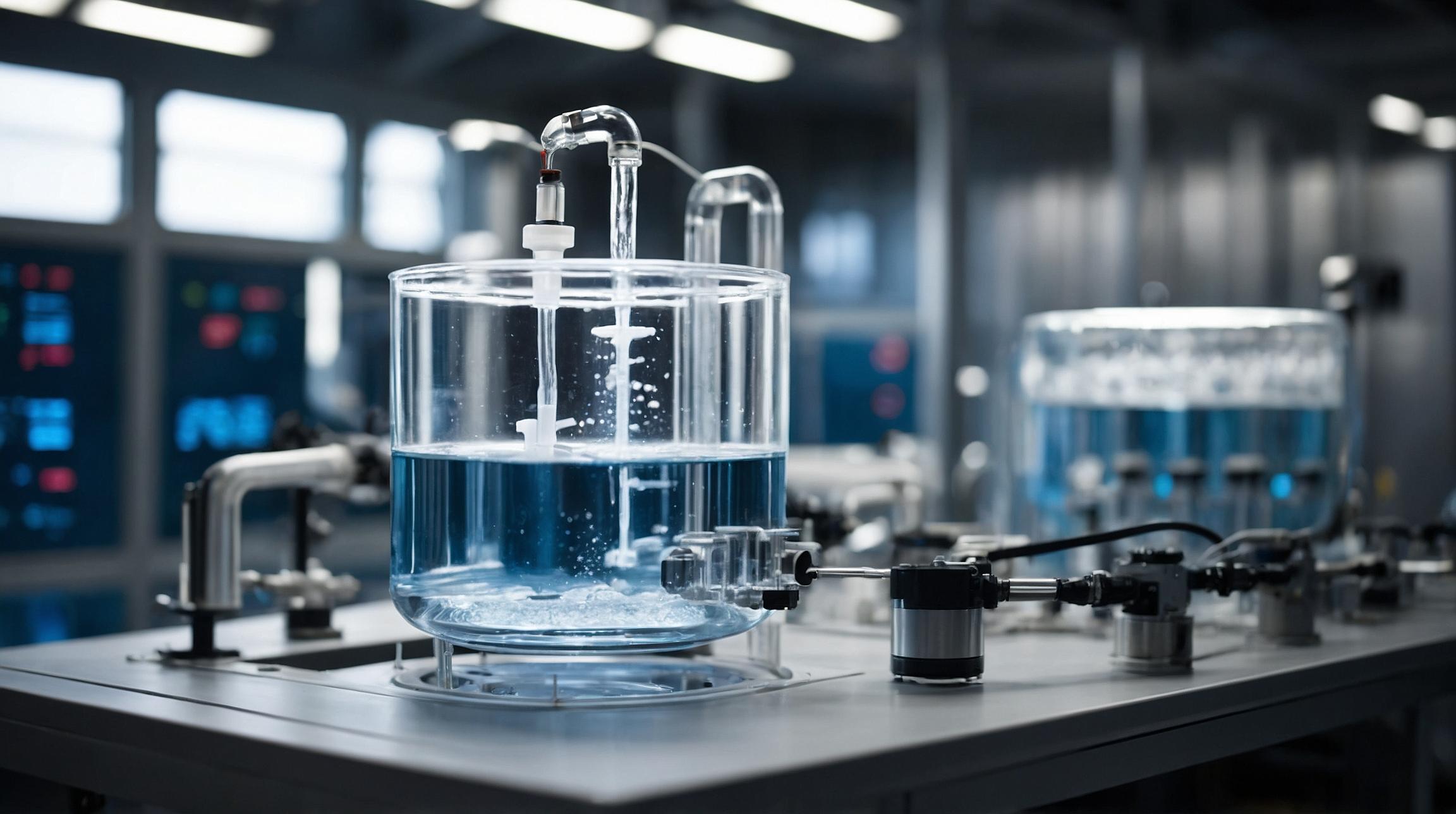The Evolution of Sleep Technology
Sleep technology has come a long way from basic noise machines and earplugs. Today, sophisticated systems are leveraging cutting-edge science to enhance sleep quality. These systems include smart mattresses with adaptive temperature control, wearable sleep trackers that monitor heart rate and movement, and light therapy devices that align circadian rhythms. The market is flooded with innovative tools like ShutEye, which offer personalized sleep experiences and help optimize rest for peak performance.
Pioneering Sleep Tracking Advances
Recent advancements in sleep tracking have introduced precise tools for monitoring and improving sleep quality. These innovations combine biometric sensors, artificial intelligence, and complex algorithms to provide actionable insights for individuals seeking to enhance their sleep patterns. Multimodal sensor integration allows sleep trackers to offer comprehensive analysis of sleep stages and disruptions, while machine learning algorithms learn from vast amounts of sleep data, offering personalized sleep improvement recommendations.
Personalizing Sleep Experiences
One of the best ways to align your nighttime routine with your unique physiological needs is to harness the latest sleep technology. Advanced algorithms and biometric sensors process vast amounts of data, including heart rate variability, respiratory patterns, and REM cycles, to construct a comprehensive profile of your sleep architecture. This data can be used to customize your sleep environment, adjusting factors like mattress firmness and ambient temperature in real-time to promote deeper, more restorative sleep stages. Care providers are increasingly integrating these personalized sleep solutions into their services to improve patient outcomes.
Navigating Data Privacy Concerns
With the increasing focus on data privacy, companies in the sleep tech industry must prioritize user trust by safeguarding their data. This includes implementing encryption protocols to secure data transmission, establishing robust access controls to ensure only authorized personnel can access sensitive data, and maintaining transparent communication with users about how their data is collected, used, and protected. Developers have the dual responsibility of innovating for better sleep health while upholding the sanctity of personal information.
Overcoming Technical Obstacles
Crafting state-of-the-art sleep technology that meets industry standards and user needs requires a meticulous approach. Establishing a robust framework for iterative design, investing in cutting-edge materials and sensors, and ensuring seamless integration with existing ecosystems are key considerations. Companies need to rapidly develop and test their prototypes, balance precision with user comfort in sensor technology, and ensure interoperability with other health tech devices. Overcoming these technical obstacles is crucial for the advancement of sleep technology.
The Future of Sleep Technology
The market for sleep technology is constantly evolving, with new innovations hitting the market each year. Personalized sleep experiences are becoming the norm, but data privacy remains a challenge that needs to be addressed. Technical obstacles persist, demanding continuous refinement and investment in research and development. The future of sleep tech hinges on navigating these complexities with precision, ensuring both efficacy and trust in the evolving landscape of sleep health.
Analyst comment
Positive news. The market for sleep technology is expected to grow as advancements in sleep tracking and personalized sleep experiences continue. However, companies must address data privacy concerns and overcome technical obstacles to thrive in the evolving landscape of sleep health.













